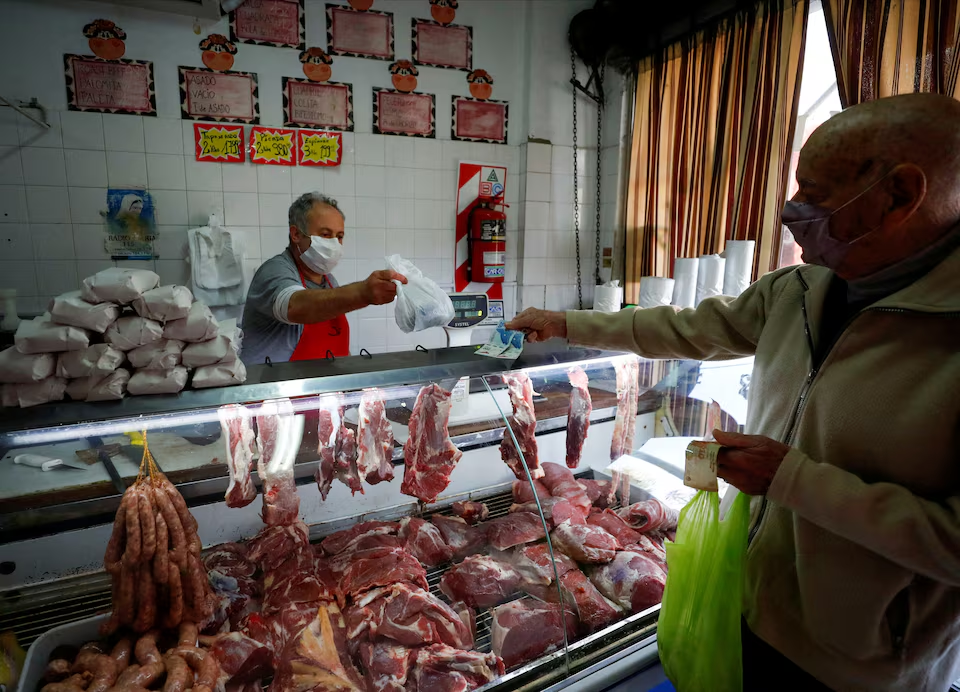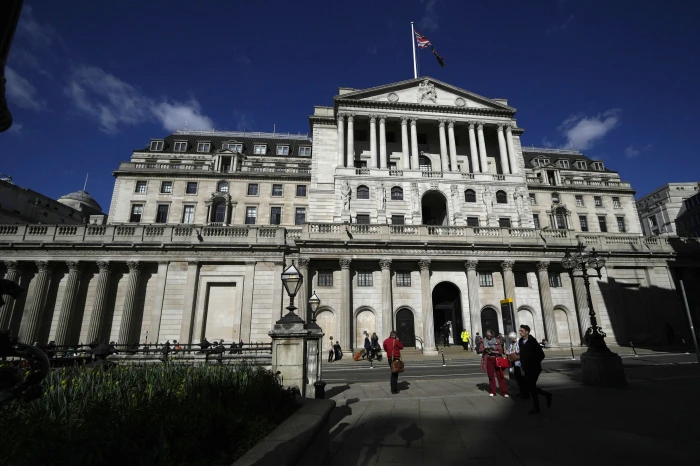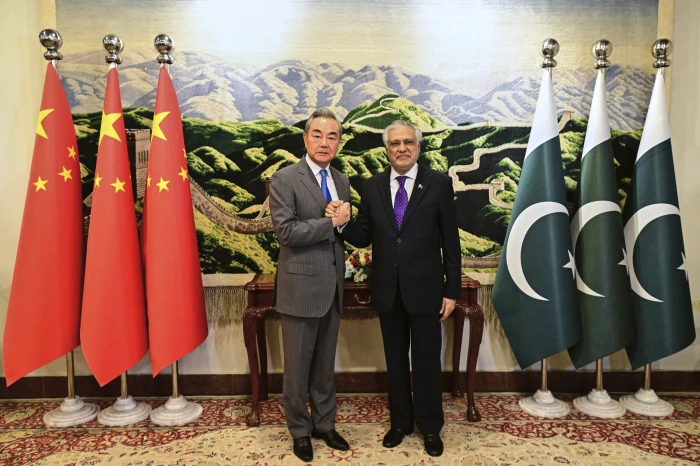Inflation Trends in Argentina Reach Alarming Levels Amid Globaland Domestic Pressures
Argentina continues to struggle with one of the world’s steepest inflation rates, driven by a mix of currency devaluation, fiscal deficits, and volatile global commodity prices. Monthly inflation surges have pushed everyday essentials out of reach for millions of households, creating deep economic and social strain.
Central Bank Implements Aggressive Monetary Measures to Stabilize the Peso
The Central Bank of Argentina has responded with sharp interest rate hikes, tighter liquidity controls, and interventions in currency markets. These moves aim to strengthen the peso, curb runaway inflation, and restore investor confidence, though their effectiveness remains under close scrutiny.

Households and Businesses Bear the Brunt of Soaring Prices and Currency Instability
Rising inflation has eroded consumer purchasing power, forcing families to cut back on essentials and businesses to raise prices to survive. Small enterprises, in particular, are facing shrinking margins and growing uncertainty as currency fluctuations undermine long-term planning.






















3 comments
David Bowie
3 hours agoLogan Cee
2 dayes agoLuis Diaz
December 25, 2022